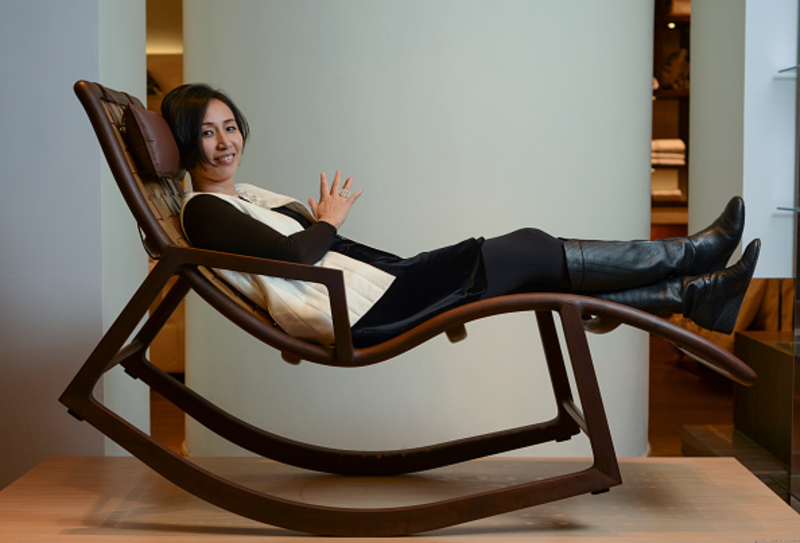Two recently published studies about current biology say that the process of evolution programmed our brains to respond to rocking motions. Results concluded that both mice and humans experience essential health benefits, better sleep quality, and improved long-term memory formation.

With the use of electroencephalography (EEG) to record and analyze the brain responses of 18 healthy young adults, scientists observed that subjects who slept in a slowly rocking bed shortened the time for them to fall asleep as well as get better sleep quality. Subjects also showed significant improvement in memory retention with over thrice their average capacity. Rocking synchronizes with the brain waves during non-REM sleep within its thalamocortical networks, which is a system involved with long-term memory consolidation and rest. This finding opens up a lot of potential for future clinical research.

Rocking induces deeper sleep only in humans. Through a series of tests on impaired mice, experts uncovered that the motion of rocking stimulates the sensory organs or the vestibular system responsible for the spatial orientation and sense of balance. It means the motion will only work for animals with “otoliths,” small calcium carbonate-based particles that allow them to perceive horizontal and vertical acceleration. Discovering the association of sleep and vestibular-related rockings opened up doors to potential non-invasive testing on behavior, memory, and impaired sleep. It could lead to better treatments for sleep issues and inner ear defects. While there is much more to learn about the topic, insomnia and other related problems might be a thing of the past quite soon than you’d think.